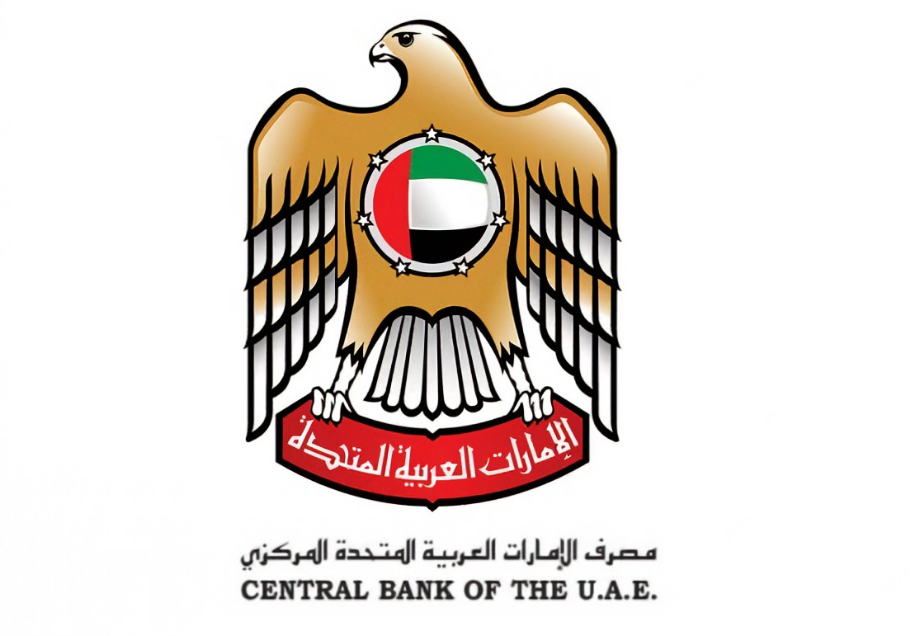China announces new tax relief for small businesses in effort to bolster growth
China said on Monday that small businesses with monthly sales of less than 100,000 yuan ($14,744.48) would be exempt from value-added tax (VAT) from January 1 to December 31, 2023, another move to ease the burden for firms amid the nation’s stronger efforts in bolstering growth.
The news was announced on the official website of the Ministry of Finance on Monday.
The move is in line with China’s efforts of reliving burden for the vast small and micro businesses, which are strong forces in generating jobs and wealth for the society, but are also the ones that suffered the most during the economic headwinds and epidemic impact, Zhong Hong, an independent analyst, told the Global Times on Monday.
Zhong noted that in the past several years and during China’s fight against the coronavirus, China has ramped up its tax and fee incentives and supporting policies to enterprises, especially small ones, a move that has not only offered a “timely rain” to companies in financial drought but also served as a shot in the arm for the economy.
As of December 15, China had cut or deferred taxes and administrative fees by more than 4 trillion yuan in 2022, according to a report from the China Central Television on January 1.
Among the tax relief moves, 2.4 trillion yuan of VAT credit refunds have been returned to taxpayers’ accounts, 3.7 times the amount returned in 2021. Newly reduced taxes and fees stood at 884 billion yuan, with the amount deferred coming in at 733.1 billion yuan, read the report.
Wang Daoshu, deputy head of the State Taxation Administration, said at a press conference in Beijing in mid-November that China’s tax relief efforts have effectively eased tax and fee burdens on businesses, with their tax and fee payments per 100 yuan of operating revenue dropping 5.3 percent, according to taxation authorities' monitoring of 100,000 enterprises.
With the implementation of the reduction policies, the sales income of enterprises increased by 1.1 percent year-on-year, reversing an earlier downward trend. It further increased by 3.4 percent in the third quarter, continuing the recovery trend, Wang noted.
The actions added momentum to the enterprises’ development as well. Investment by enterprises in purchasing equipment increased by 4.9 percent year-on-year during the period, 1.0 percentage points higher than in the first half of the year, Wang said, and equipment manufacturers' investment in this area rose by 9.8 percent.
As the world’s second-largest economy is heading toward a full recovery since the nation has entered a new phase of COVID management, efforts for tax relief will be further accelerated in the year of 2023.
China will facilitate the expansion and improve the effectiveness of the proactive fiscal policy to cope with multiple challenges ahead, Minister of Finance Liu Kun told Xinhua in an interview on January 3.
In terms of improving the effectiveness of fiscal policies, Liu stressed the importance of perfecting the tax and fee policies and boosting their accuracy to help enterprises overcome difficulties.
China has carried out a wide array of tax and fee cuts over the years, which has effectively bolstered market expectations, especially in 2022 when the country implemented large-scale value-added tax credit refunds, Liu said.






















































First, please LoginComment After ~